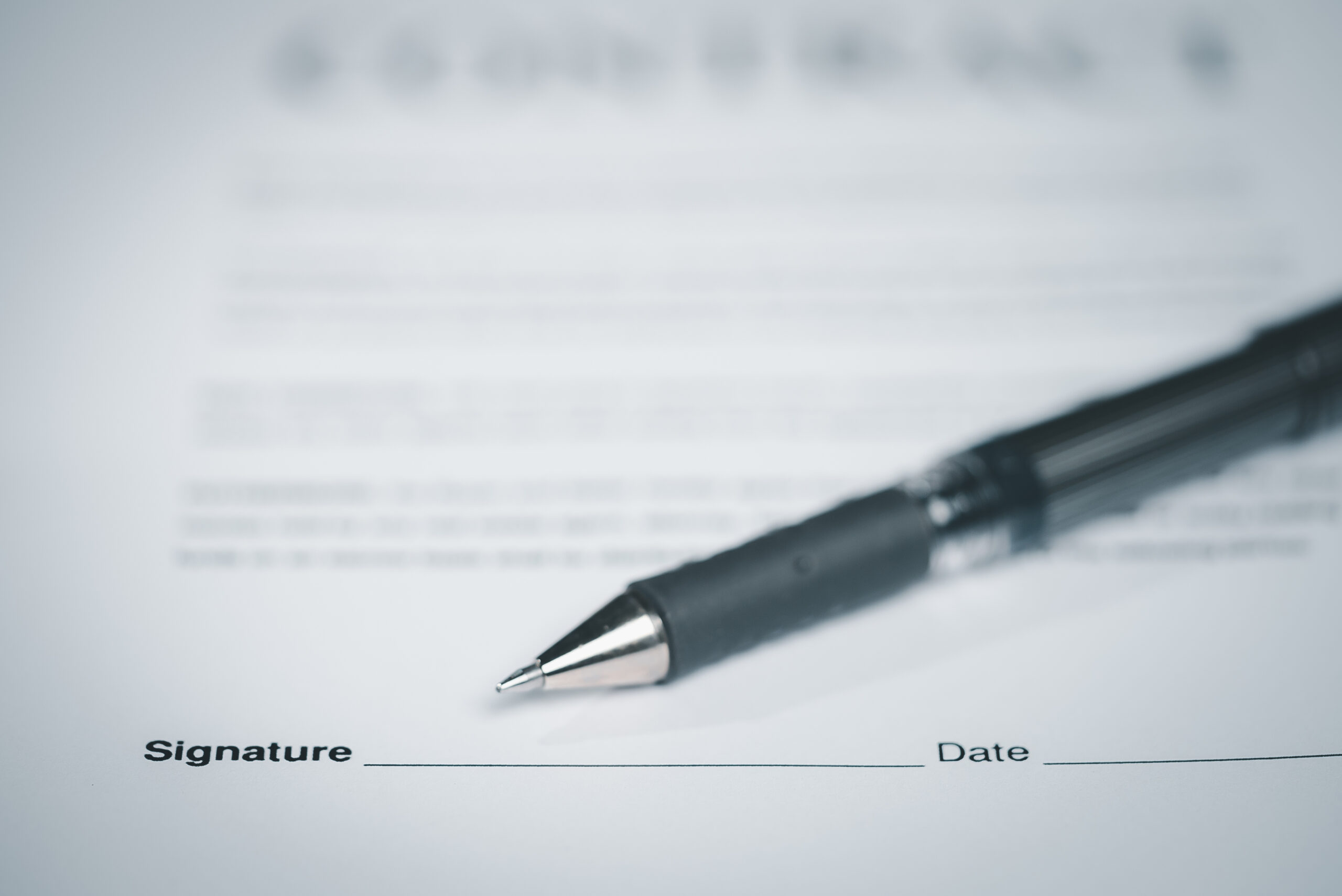Understanding the Waiver of Consequential Damages in Construction Contracts
In the realm of construction contracts, the waiver of consequential damages is a critical provision that often merits careful consideration and negotiation among parties. Consequential damages refer to indirect or special losses incurred by one party as a result of the other party’s breach of contract, beyond the direct costs of remedying the breach itself. These damages may include lost profits, business interruption, or additional expenses arising from delays or defects in construction projects.
Importance of Waiver
The inclusion of a waiver of consequential damages clause in construction contracts serves several important purposes:
Risk Allocation: By waiving consequential damages, parties seek to limit their exposure to potential financial liabilities beyond the direct costs of breach. This provision allocates the risk of certain types of damages away from one party to the other, depending on the bargaining power and risk tolerance of the parties involved.
Certainty and Predictability: Waiver clauses provide certainty and predictability regarding the extent of liability in the event of a breach. Parties can better assess their potential exposure to damages and budget accordingly, thereby promoting financial stability and risk management.
Insurance Coverage: Waiving consequential damages may facilitate obtaining insurance coverage for construction projects. Insurance policies typically exclude coverage for consequential damages, so a waiver aligns with insurance requirements and helps avoid coverage disputes.
Negotiation Considerations
When negotiating a waiver of consequential damages clause, parties should carefully consider the following factors:
Balance of Interests: Both parties should evaluate their respective interests and risks to ensure a fair allocation of liability. While one party may seek to limit exposure to consequential damages, the other party may push for broader protections or alternative remedies in the event of breach.
Exceptions and Carve-Outs: Parties may negotiate exceptions or carve-outs to the waiver clause, allowing for the recovery of specific types of consequential damages under certain circumstances. For example, damages resulting from willful misconduct, gross negligence, or breaches of fundamental obligations may be expressly excluded from the waiver.
Legal Counsel: It is advisable for parties to seek legal counsel to review and negotiate waiver provisions to ensure clarity, enforceability, and alignment with applicable laws and industry standards.
Conclusion
In conclusion, the waiver of consequential damages in construction contracts is a crucial aspect of risk management and liability allocation. By understanding the implications of this provision and engaging in thoughtful negotiation, parties can mitigate uncertainties, protect their interests, and foster successful construction projects.

